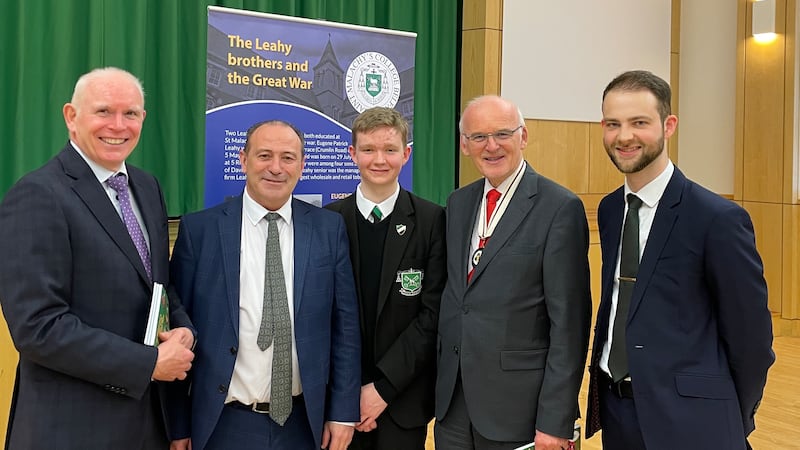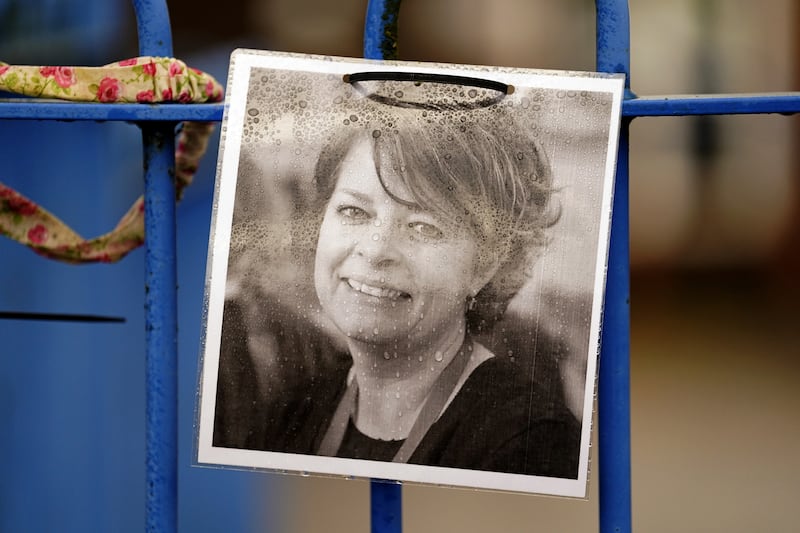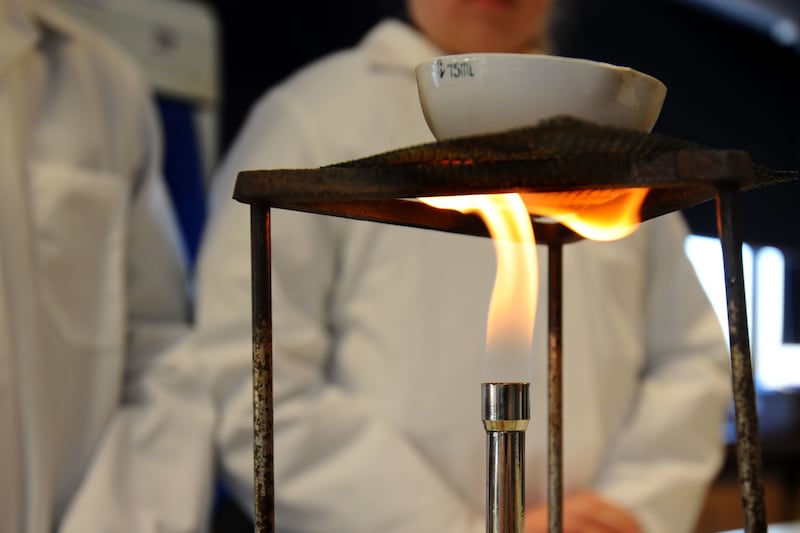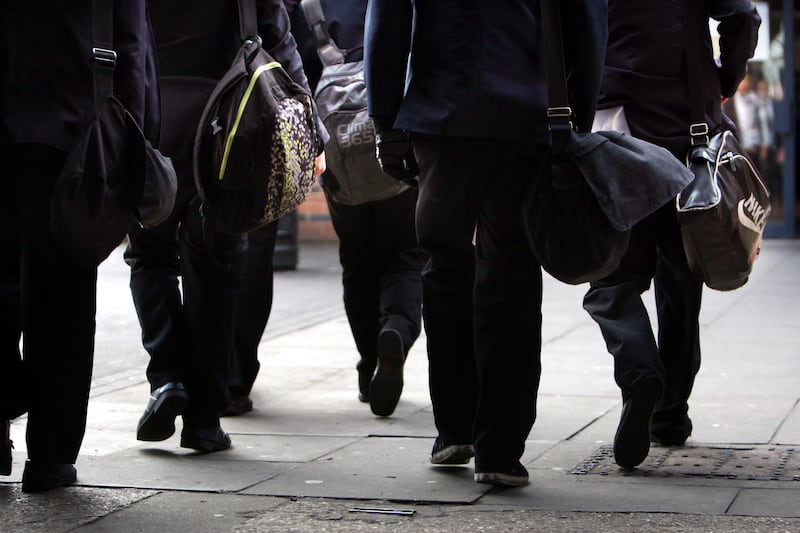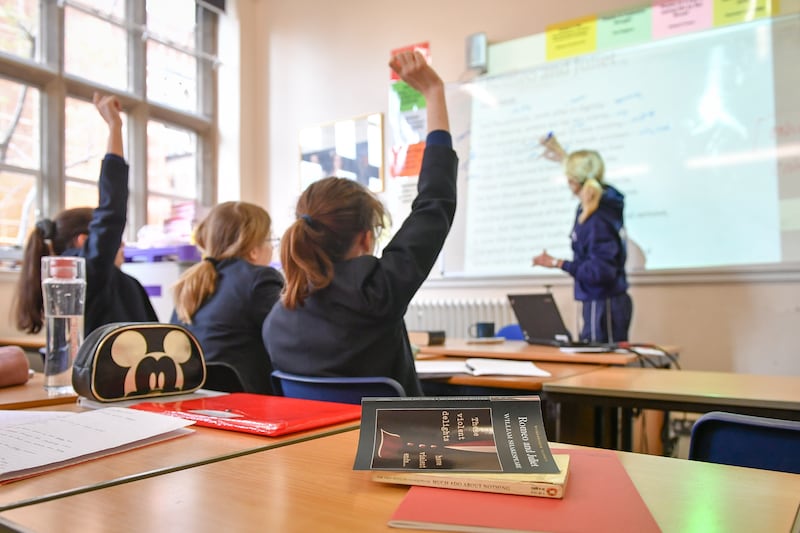ACADEMICS are to examine the extent to which religion is a factor in teacher appointments and promotions.
Researchers from Mary Immaculate College (MIC) and Queen's University Belfast are seeking post-primary educators across Ireland to take part.
It is hoped the project will improve clarity and understanding on the impact of equality legislation in relation to religion on teaching staff.
In both the north and Republic, schools are exempt from equality legislation relating to religion.
Yet, in both regions, it is unclear how these exemptions are understood and practised at school level.
The research will be led by Dr Catherine Stapleton from the School of Education at MIC Thurles and Dr James Nelson from Queen's.
It will be based on the experience of a sample of teachers from the Republic and Northern Ireland whose religious or non-religious affiliation is distinct from the stated ethos of the post-primary school in which they work.
They hope to speak with those who describe themselves as non-religious and who have applied for posts or promotion in schools which have a religiously influenced atmosphere.
This can include those who might describe themselves as 'non-believers' or 'non-practising', as well as those who would designate as atheist, humanist or secular.
"Currently, in the Republic of Ireland, evidence is indirect in relation to the teachers’ experiences of section 37 of the Employment Equality Act," Dr Stapleton said.
"Indicators that issues are present include research findings that student teachers of minority belief and/or ethnicity are underrepresented in teacher training and the teaching profession.
"Other research has found that teachers who are not Catholic may feel a need to hide their beliefs at interview in Catholic schools and throughout their working life in order to gain employment and have any chance of promotion."
The Department of Education does not produce statistical data in relation to religious affiliation of teachers in the north. However, research by The Equality Commission in 2004 revealed that 85 per cent of teachers in controlled schools were Protestant, while 98 per cent in maintained schools were Catholic.
The current difficulty created by a lack of teacher diversity, Dr Stapleton said, was the loss of positive role models for pupils from various socio-demographic backgrounds.
"While there is no clear evidence that teachers have been negatively impacted from discrimination on the basis of religion, for some time there has been an unease regarding the ‘teacher exception’ to equality legislation," she added.
"Indeed, the issue of Fair Employment and Treatment Order has been the subject of significant political debate, as well as investigation by the Equality Commission."

